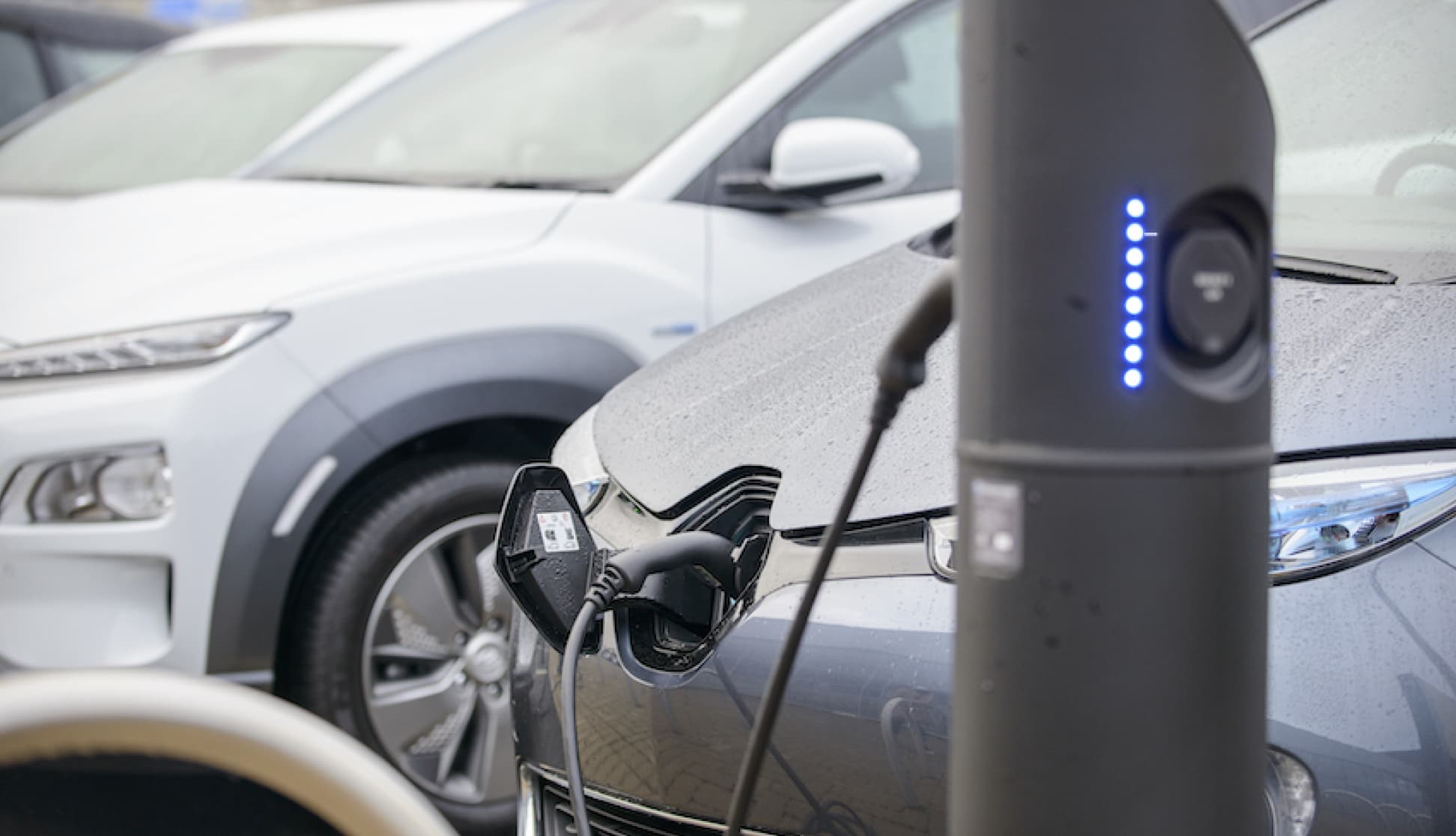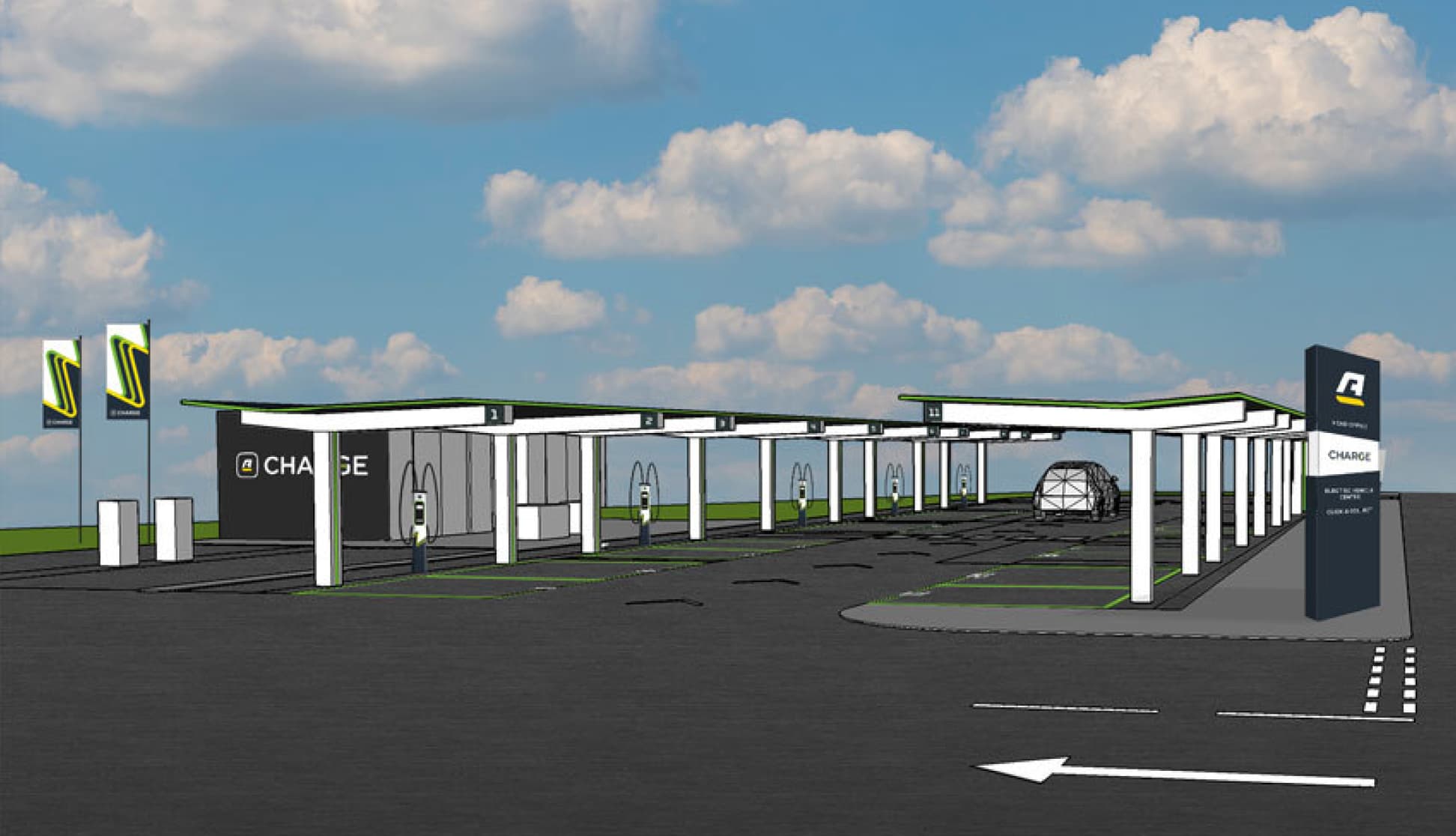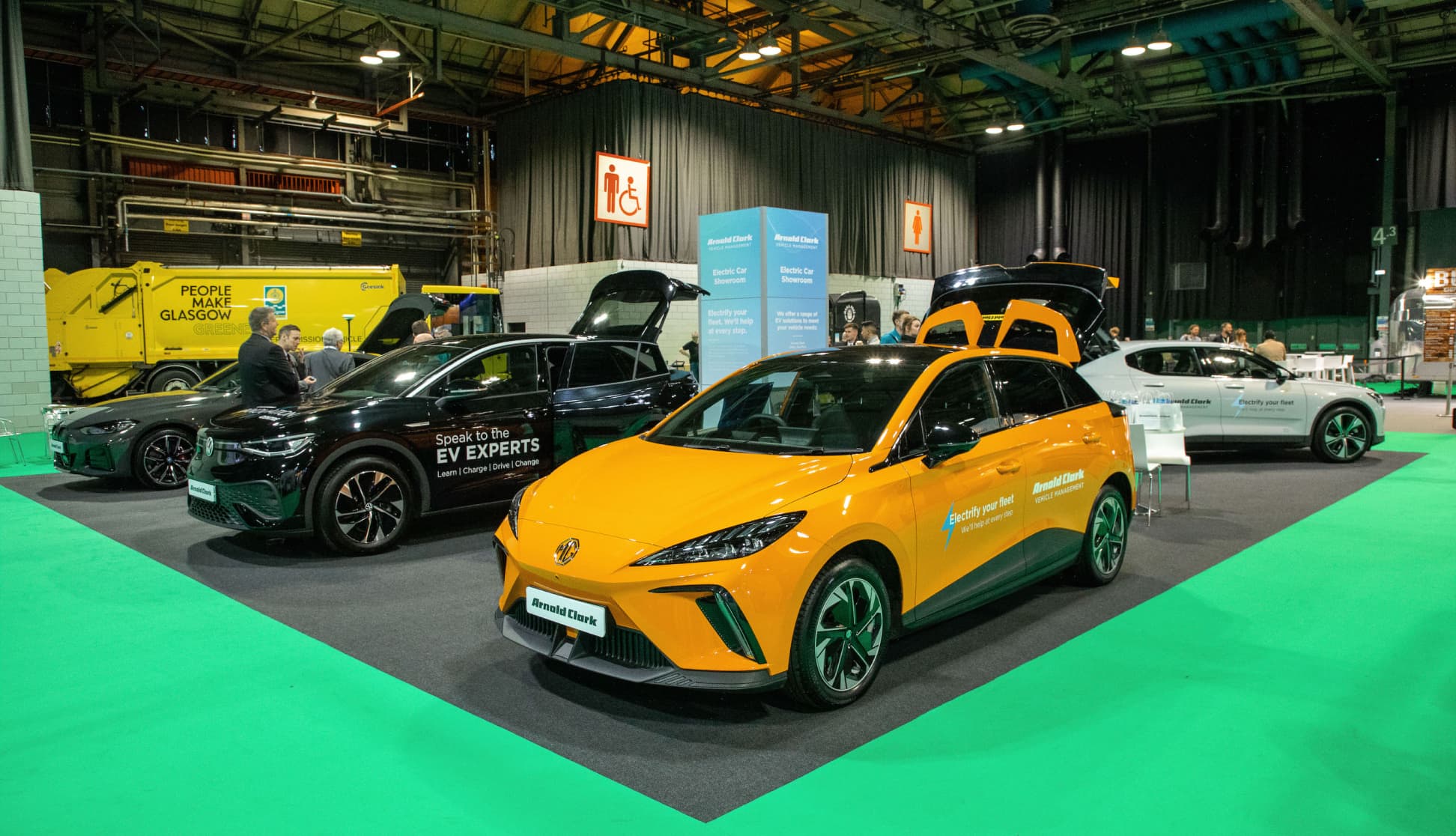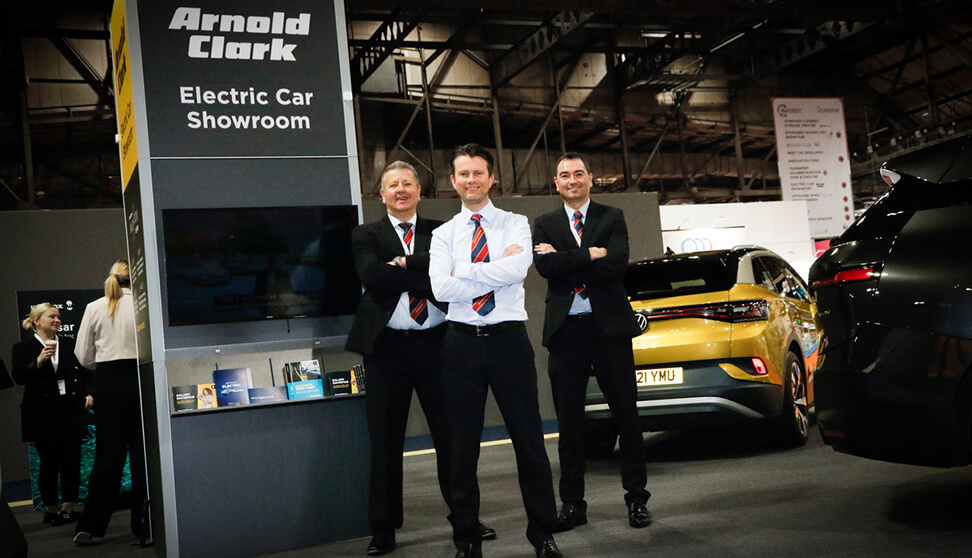Many drivers are looking to make the switch to electric in the not-too-distant future.
With a growing range of fully electric and hybrid vehicles to choose from, there’s never been a better time for businesses to go electric.
However, if you’re worried about charging prices against a background of rising energy costs for drivers and employers, we have some top tips to help you save money.
Home charging day/night tariffs are available
Many energy companies offer a day/night tariff at home which means drivers get access to cheaper charging between midnight and 7am. Drivers can set their car’s app to make sure they charge using cheaper electricity.
Use council chargers where you can
The network of council-funded chargers is beginning to increase with suppliers partnering with local authorities to increase their on-street charger network. In some cases, the energy is partly subsidised which provides for cheaper charging.
Make use of work chargers
With energy bills for UK businesses improving due to the new government support package, it may be cheaper to charge an EV at work. Drivers should compare the charging rates before charging in the company car park.
Smart chargers reduce energy costs
Many smart charge points come pre-configured to avoid charging between 8am and 11am and 4pm and 10pm on weekdays, which are considered peak hours. It also helps the National Grid adapt to EV demands and encourages drivers to avoid peak-hour charging. Drivers should make sure home and workplace chargers have this functionality in place.
Drivers pay more for fast charging
Generally, the faster the charge, the more expensive it is, so it’s worth checking the different charger rates while planning your journey before using a charger.
Motorway chargers can be pricier
Be aware that drivers generally pay more for electricity at motorway charging facilities just as ICE drivers pay more for petrol and diesel at motorway services.



